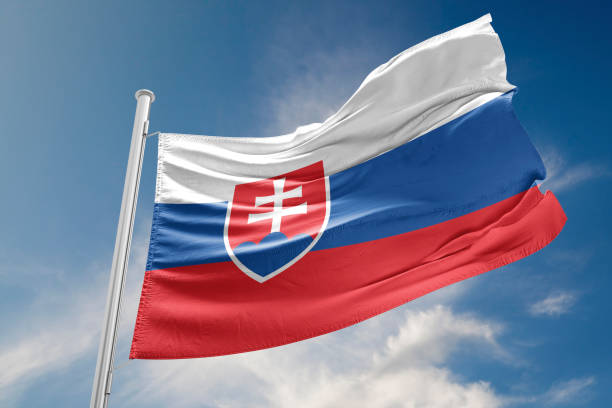
The recent election on April 6th resulted in Peter Pellegrini, who is critical of Ukraine, defeating pro-Western diplomat Ivan Korčok to become president. The role of the president in Slovakia is mainly symbolic. However, it also includes the authority to ratify international agreements, command the armed forces, and appoint court judges. Additionally, the president can veto parliamentary legislation. Despite the presidency’s restricted power, the Slovak head of state can obstruct the government’s agenda. For example, Zuzana Čaputová challenged regulatory changes to Slovakia’s criminal code in the Constitutional Court, leading to a court ruling that invalidated sections of the law. The passed reform of the criminal code included the elimination of the special prosecutor’s office, diminished whistleblower protections, and lower punishments for crimes like murder, rape, and corruption. The court chose to suspend changes that would reduce penalties and shorten the statute of limitations, but it did not stop the disbandment of the Slovakian Special Prosecutor’s Office.
Korčok said that he would undertake similar actions and not merely adhere to government directives. This contrasts with Pellegrini, who stated that he does not wish to do so unless there are extreme circumstances. His presidency threatens to undermine liberal democracy in Slovakia, as he is seemingly unwilling to oppose his allies even if they pass anti-democratic regulations.
Pellegrini has publicly supported initiating peace negotiations with Russia, whereas Korčok maintained that Ukraine should not surrender territory for peace. The differing stances on the Ukraine conflict were a central issue during the election. The war had a big impact on the election debate, especially after populist Prime Minister and Pellegrini supporter Robert Fico disputed Ukraine’s independence and pushed for Russian peace. Pellegrini’s victory poses a risk to the European Union’s unified stance on Ukraine, potentially diminishing support for the country.
Secondly, there’s a new anti-democratic action in Slovakia by proposing new legislation concerning NGOs.
The Slovak government’s coalition has proposed a change to the existing NGO legislation that could threaten these organisations’ autonomy. The proposal, introduced without engaging civil society and under the cover of strengthening organisational transparency, is dangerous to the independence of NGOs. The Slovakian government should avoid the approach of Hungarian Prime Minister Viktor Orbán. The Slovak National Party (SNS) has proposed an amendment that is supposed to increase NGO transparency but also suggests changes to the annual reporting requirements and donor information disclosure for NGOs. Furthermore, it introduces the potential for NGOs to be forcibly dissolved if they breach any new legal stipulations.
This proposal violates Slovak and European Union laws, and it strongly resembles Hungary’s regulations on NGOs funded from abroad. Such a law would interfere with the EU’s principles of free capital flow. Pellegrini has indicated his willingness, as president, to endorse legislation that would designate NGOs as foreign agents.
Slovakia’s critical democratic actors and civil actors, including the judiciary, media, and NGOs, continue to be independant. During the election, the opposition mobilised a significant part of the population to support democratic values. However, this was insufficient to ensure the election of Korčok, who lost to the former Prime Minister Pellegrini by a margin of 47% to 53%. Nevertheless, the societal reaction to and before the elections shows the importance of civic engagement in defending democracy. However, without intervention from the European Union, the possible new legislation will negatively affect NGOs.
Thirdly, the remomentval of the Office of the Special Prosecutor, which is responsible for investigating and prosecuting political corruption, shows significant democratic backsliding.
These anti-democratic developments have significant implications for the European Union. A member state that is regressing democratically is a threat to the European Union, while also weakening its ability to uphold fundamental values. The democratic backsliding has to be addressed, as Slovakia damages the EU’s values of democracy, transparency, and the rule of law.
In response to Slovakia’s democratic backsliding, the European Union has a critical tool: financial influence. Slovakia’s dependence on EU structural funds makes the withdrawal of this financial support a significant deterrent against democratic backsliding. Loss of financial support would be highly unpopular within Slovakia and could have significant political consequences for the populist government. The European Commission has already stated that this is a possibility, suggesting that funding could stop if necessary. The European Union should utilise this financial leverage to ensure compliance with democratic norms and principles.
By The European Institute for International Relations















